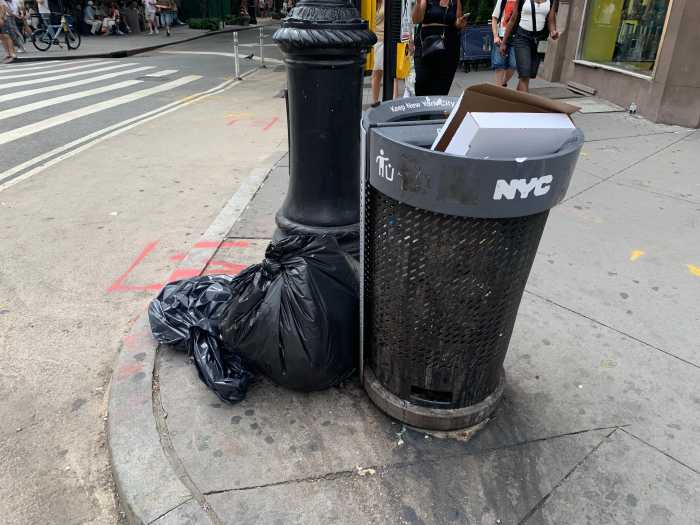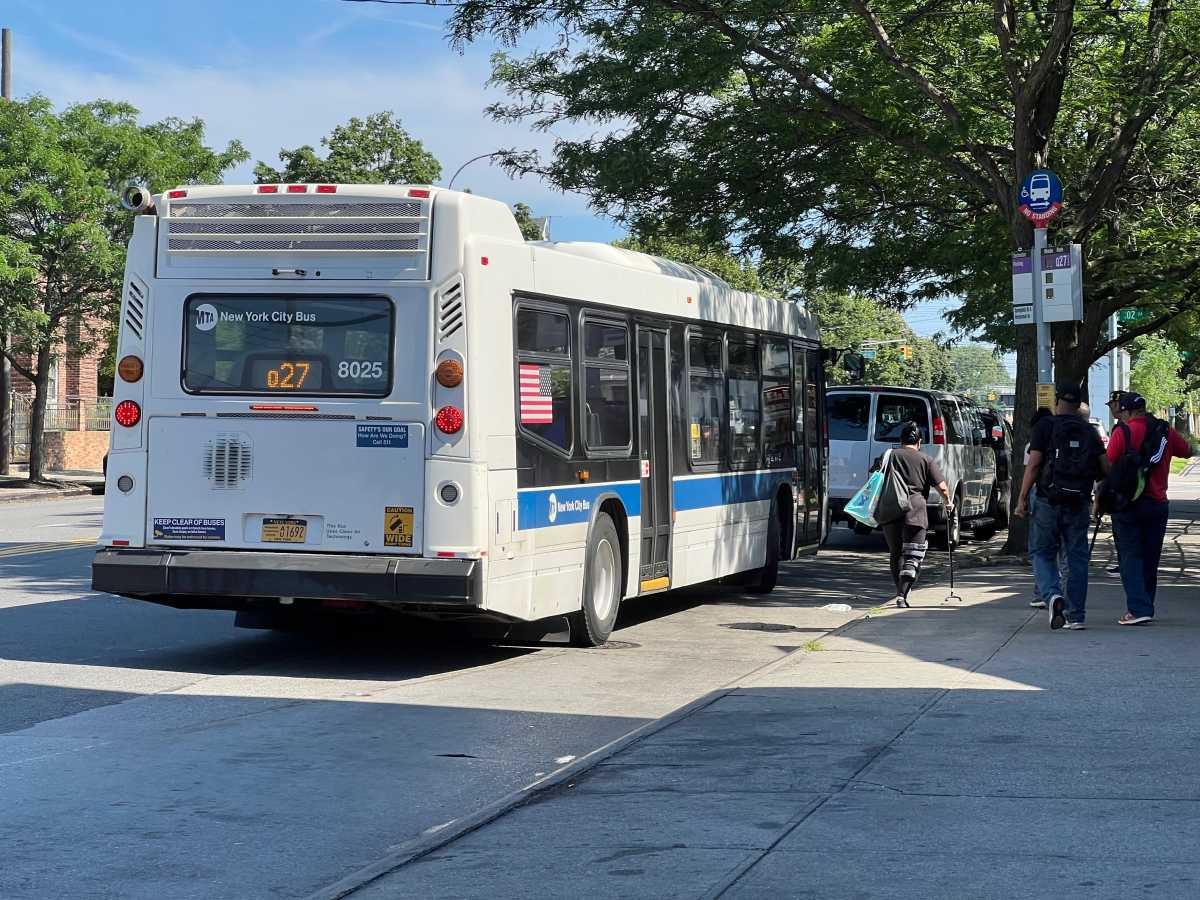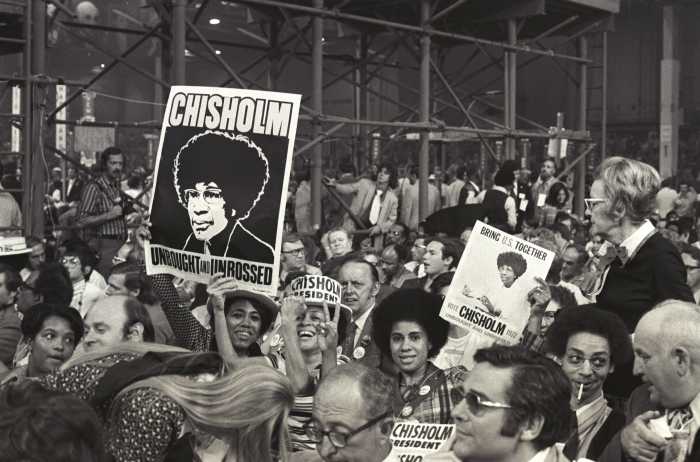We’re glad to see the Department of Buildings is going by the book in its review of plans for the proposed student dormitory at the site of the old P.S. 64 at E. Ninth St. and Avenue B.
Last week, D.O.B. disapproved plans filed by architectural firm Beyer Blinder Belle on behalf of developer Gregg Singer, after a Buildings examiner found that the plans do not substantiate that the 19-story tower planned on the site will, in fact, be used as a dormitory. Furthermore, the fact that Singer is not saying who his institutional tenant is for the building must be adding to Buildings’ skepticism about the whole project.
D.O.B.’s conclusion will only fan the flames of many in the community who suspect that this could be a “stealth” residential building — that Singer is hoping to claim hardship at some point and then appeal to change the building’s use to residential. This is despite the property’s deed restriction for a community facility — of which a dorm is one of the allowable uses.
D.O.B.’s oversight — or lack thereof — of some new projects in the East Village area has been the subject of major complaints. Two examples that leap to mind are 4 E. Third St. and 81 E. Third St., where bulk was added to the building under the community facilties allowance without proper identification and assurance that tenants were in place for a community use.
So far, it seems, Buildings is doing things the right way on this project. Let’s hope it continues that way.
N.Y.U. should up ante for square’s renovation
From reports at last week’s Washington Sq. Coalition meeting, it sounds like the renovation of Washington Sq. Park is moving forward and that a successful project is in the offing. Yet, of concern to those that want this project done right and the park then properly maintained, the price tag has gone up — from $10 million to $12 million a few years ago to now $16 million to reconstruct the park and $4 for a maintenance endowment. Thus, finding the rest of the money becomes an issue.
New York University pledged $1 million for the renovation when the cost was lower. In short, the amount of money needed has essentially doubled, so N.Y.U. should, logically, double its contribution. Asking N.Y.U. to contribute at least 12 percent of the renovation cost is actually quite modest.
N.Y.U.’s students use the park like a campus and the university holds its commencement there.
John Sexton, N.Y.U.’s president, says that N.Y.U. should be a “leadership university.” Here is the perfect example for the university to lead — by taking its commitment to the park to another level and helping fund the increased cost of the Washington Sq. renovation project.



































